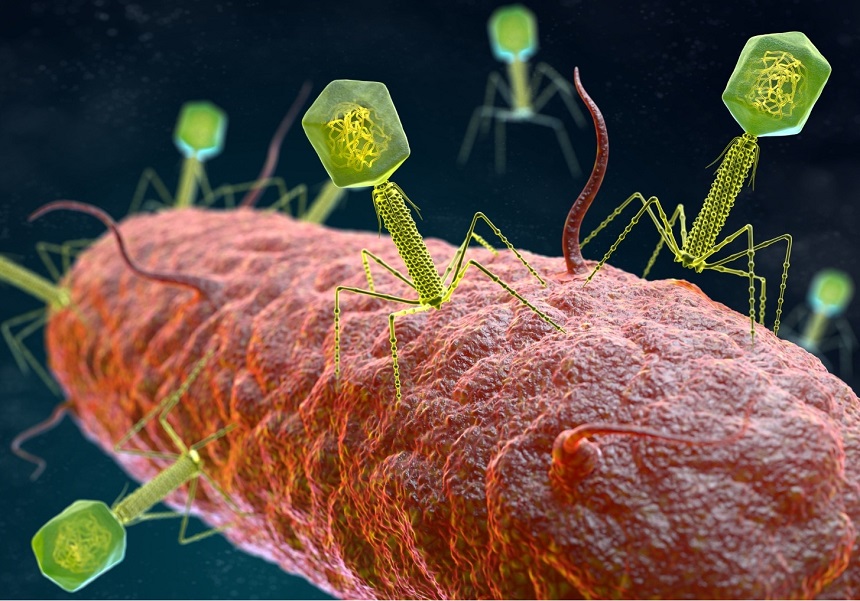A research published in Nature identifies 120 new genes related to schizophrenia
- Scientific Culture and Innovation Unit
- April 12th, 2022

An international study with the participation of M. Dolores Moltó and Julio Sanjuán, researchers at the University of Valencia (UV) and the INCLIVA Health Research Institute, has identified 120 genes related to schizophrenia. Published in the journal Nature, this is the largest genetic study to date on this disease, which has included 76,755 patients diagnosed with schizophrenia and 243,649 controls without psychiatric disease. Some of these genes had previously been found to be altered in autism and other developmental disorders.
The importance of this research lies in the fact that many of the associations found between schizophrenia and common genetic variants (population frequency greater than 1%) have been linked to specific genes in 287 chromosomic loci. These genes (106 code for proteins) are involved in fundamental processes of the function of the neurons of the central nervous system, such as organisation, differentiation and synaptic transmission, which indicates that these cells are the most important in the pathology. The findings also suggest that altered neural function in schizophrenia affects many areas of the brain, and may explain its various symptoms such as hallucinations, delusions and trouble thinking clearly.
Julio Sanjuán, main researcher of the Psychiatry and Neurodegenerative Diseases research group at INCLIVA, and M. Dolores Moltó, who directs the Human Genetics and Disease Models Group at the UV, professors at this university and members of the Mental Health CIBER, are co-authors of this work, in which other Spanish groups participate. In their opinion: “a necessary step has been taken towards understanding the causes of schizophrenia that will allow, after further studies, to discover the pathophysiological mechanisms involved in the disease. This is key in identifying new treatments that are more effective”.
Schizophrenia is a serious psychiatric disorder that begins in late adolescence or early adulthood. According to the World Health Organisation, it affects around one in 300 people worldwide. Many patients do not respond well to current treatments and experience long-term problems with their mental and physical health, affecting social relationships, education, and work. Schizophrenia is considered a multifactorial disease and genetic susceptibility factors are attributed a key role in the pathology. Heritability is 60-80%, much of which is attributed to common risk alleles, indicating that genome-wide association studies can help our understanding of the causes and origin of disease. Understanding the genetics of schizophrenia is a critical step in developing new medications and adapting existing treatments to meet individual patient needs.
Article: Trubetskoy, V., Pardiñas, A.F., Qi, T. et al. «Mapping genomic loci implicates genes and synaptic biology in schizophrenia». Nature (2022). https://doi.org/10.1038/s41586-022-04434-5
Categories: Investigació a la UV , Internacionalització recerca , Col·laboració amb empresa , Facultat de Medicina i Odontologia , Facultat de Ciències Biològiques , Difusió i comunicació científica , Recerca, innovació i transferència
















